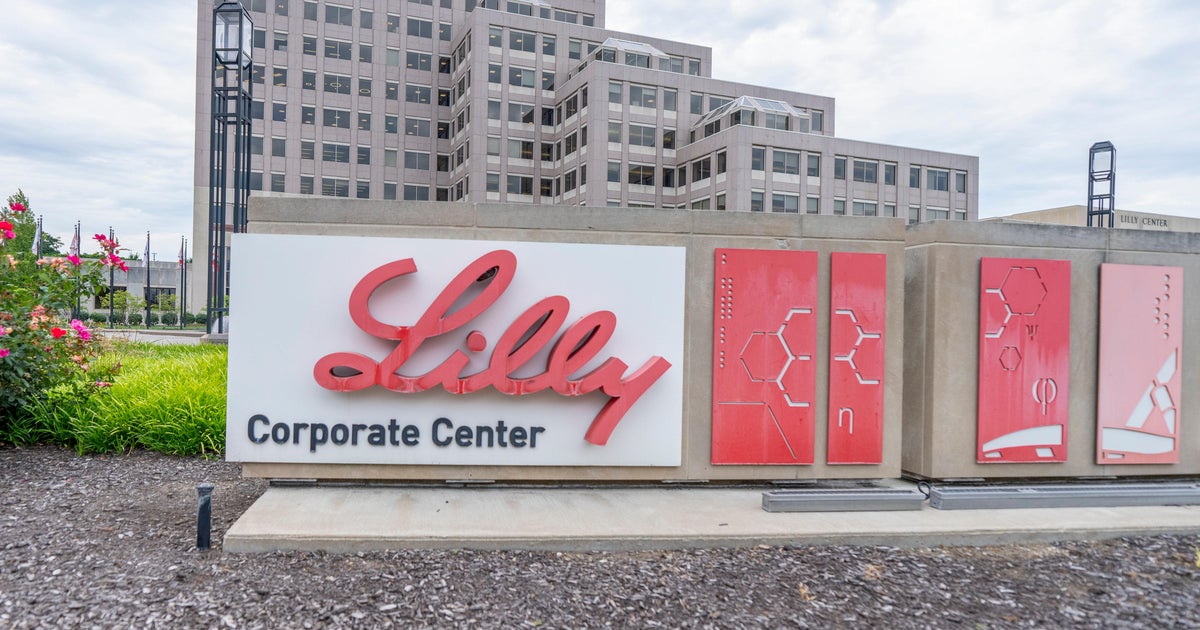Eli Lilly’s Breakthrough Pill Could Revolutionize Diabetes and Weight Loss Treatment
Pharmaceutical giant Eli Lilly has unveiled promising clinical trial results for its experimental oral GLP-1 medication, positioning the pill as a potential game-changer for diabetes management and weight loss. The Indianapolis-based company plans to submit the drug for FDA approval later this year, potentially offering millions of patients a more convenient alternative to current injectable treatments. Early data suggests the pill demonstrates comparable efficacy to existing GLP-1 drugs like Ozempic and Mounjaro but with significantly improved patient accessibility.
Clinical Trial Results Show Significant Promise
In phase 3 trials involving over 2,000 participants with type 2 diabetes, Lilly’s oral GLP-1 receptor agonist demonstrated:
- Average HbA1c reduction of 1.5-2.0 percentage points
- Weight loss ranging from 8-12% of body weight over 12 months
- Superior glycemic control compared to standard oral diabetes medications
- Generally mild side effects (primarily gastrointestinal) similar to injectable counterparts
“These results suggest we may be looking at the most significant advancement in oral diabetes treatment since metformin,” said Dr. Sarah Chen, endocrinologist at Johns Hopkins University. “The weight loss effects could also make this a dual-purpose medication for the obesity epidemic.”
The Science Behind the Potential Breakthrough
GLP-1 (glucagon-like peptide-1) receptor agonists work by mimicking intestinal hormones that stimulate insulin production while suppressing glucagon secretion. Lilly’s innovation lies in creating a stable oral formulation of these compounds, which researchers previously believed couldn’t survive digestion.
The company developed a proprietary absorption enhancement technology that protects the active molecules as they pass through the digestive system. This technological leap could remove one of the major barriers to GLP-1 treatment adoption—patient reluctance to use injectable medications.
Market Impact and Patient Accessibility
Analysts project the global GLP-1 market could exceed $100 billion by 2030. Lilly’s oral version could capture significant market share from current injectable options like:
- Novo Nordisk’s Ozempic (semaglutide)
- Lilly’s own Mounjaro (tirzepatide)
- Novo’s Wegovy for obesity
“An effective oral GLP-1 would dramatically expand treatment access,” noted healthcare analyst Mark Richardson. “We estimate 30-40% of eligible patients currently decline injectable options due to needle aversion or inconvenience.”
Potential Benefits Beyond Diabetes Control
Emerging research suggests GLP-1 medications may offer additional health benefits that could make Lilly’s pill even more valuable:
- Reduced cardiovascular risk in diabetic patients
- Potential applications for non-alcoholic fatty liver disease (NAFLD)
- Possible neuroprotective effects being studied for Alzheimer’s and Parkinson’s
However, some experts urge caution. “While the data looks impressive, we need more long-term safety studies,” warned Dr. Alan Park of the Diabetes Care Foundation. “Oral formulations may present different side effect profiles we haven’t fully characterized yet.”
Challenges and Considerations
The potential blockbuster drug still faces several hurdles:
- FDA approval process typically takes 6-12 months
- Manufacturing complex oral biologics at scale presents technical challenges
- Pricing and insurance coverage remain uncertain
- Potential supply constraints given current GLP-1 shortages
Lilly executives remain optimistic. “We’re investing heavily in production capacity to meet anticipated demand,” said company spokesperson Rebecca Moore. “Our goal is to make this treatment accessible to all patients who could benefit.”
What This Means for Patients and Healthcare Providers
If approved, Lilly’s pill could reshape treatment paradigms for both diabetes and obesity management. Primary care physicians might prescribe it more readily than injectables, potentially identifying metabolic issues earlier in disease progression.
For patients, the convenience factor could improve medication adherence—a chronic challenge in diabetes care where nearly 50% of patients stop taking medications within a year of prescription.
The Future of Metabolic Treatment
Industry observers suggest this development marks just the beginning of a new era in metabolic medicine. Several other pharmaceutical companies are racing to develop competing oral GLP-1 formulations, while researchers explore next-generation combinations with other gut hormones.
As the obesity and diabetes epidemics continue growing globally—with the CDC reporting 38.4 million Americans have diabetes and 42% are obese—the need for effective, accessible treatments has never been greater. Lilly’s breakthrough pill could represent a major step forward in addressing these interconnected health crises.
Patients and providers interested in learning more about GLP-1 treatments should consult the American Diabetes Association’s latest clinical guidelines or speak with an endocrinology specialist about whether these emerging options might be appropriate for their individual health needs.
See more WebMD Network



